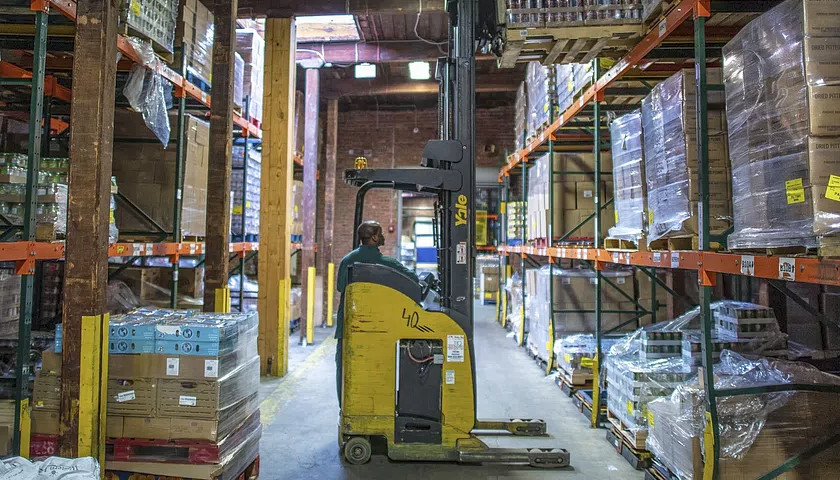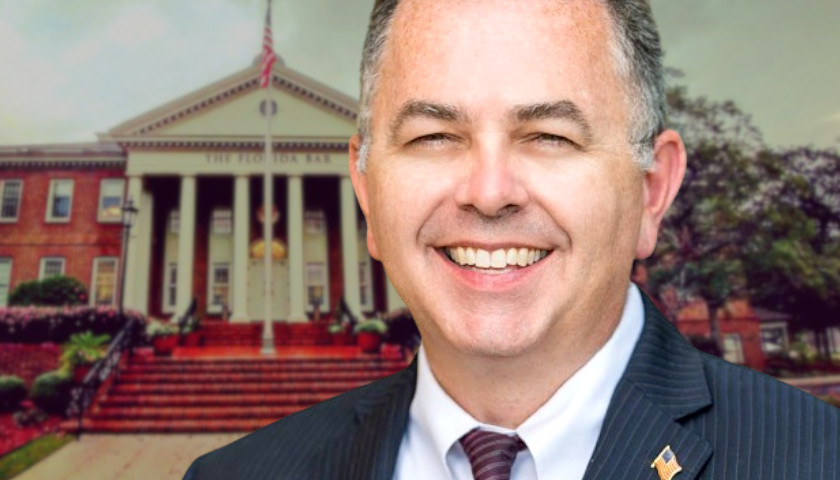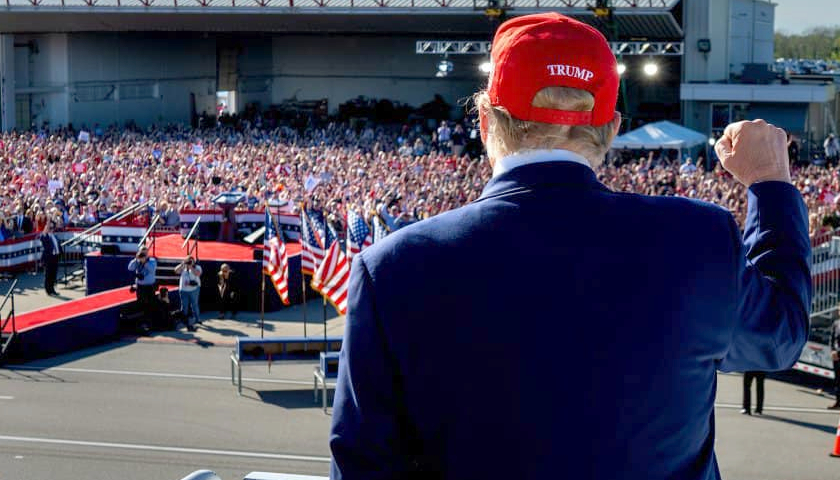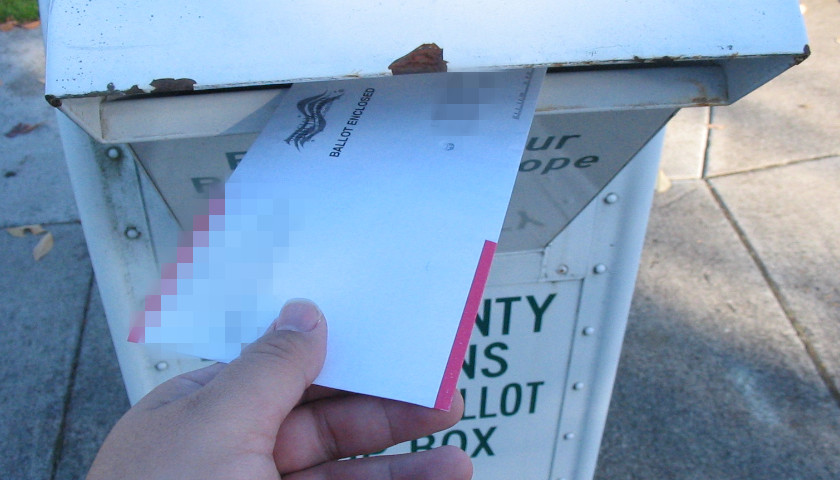by Christen Smith
The online shopping industry, and the multi-billion dollar logistics and distribution network at its core, depend on Pennsylvania’s roads, land and workers for its warehouses.
And yet, environmental groups say that zoning ordinances for these facilities fall short, leaving the state’s land, air and water vulnerable to destruction.
That’s why PennFuture created a framework for local officials to consider what they say closes loopholes developers exploit to build properties larger than envisioned under existing rules.
Gone are traditional warehouses, the group says, that used to serve as storage only. Now, roughly 3,300 fulfillment centers – for companies like Amazon, UPS and Chewy – exist across Pennsylvania, employing more than 54,000 people, according to state data.
Critics say that along with the economic success of the facilities comes traffic congestion, noise, drainage concerns, air pollution and land degradation.
Brigitte Meyer, staff attorney for PennFuture and author of the model ordinance guidebook, said “simply inadequate” zoning ordinances have failed to regulate these “massive, traffic-intensive facilities popping up all over the place.
“Municipalities need to review and update their ordinances to address the impacts of the modern logistics industry, and they need to do it now before Amazon shows up on their doorstep with plans for a 1.5 million-square-foot distribution center,” she said.
During a webinar earlier this month to discuss PennFuture’s model ordinance, Our Poconos Waters – an environmental advocacy group – said diesel emissions from increased truck traffic alone not only impact climate change, but damage crops, trees and vegetation and contribute to respiratory illness throughout the region.
Donna Kohut, campaign manager for our Poconos Waters, said polling from 2022 shows that residents want local governments to do more to protect the state’s waterways amid this growing “wave of development.”
“Now that municipal officials have this tool at their disposal, we are hopeful that they will utilize this model ordinance to defend the special protection creeks, streams, and wetlands in the Poconos because water does not respect municipal boundaries,” she said. “What happens to these headwaters impacts local residents and our neighbors downstream.”
The impacts could be mitigated, advocates say, by identifying properties that can be developed without as much environmental disruption. New provisions could also limit the “end user” of a new warehouse – a technical term that refers to developers’ habit of building facilities before securing a buyer – to fitting its operations into existing zoning requirements.
The Pennsylvania Chamber of Business and Industry, however, believes the model ordinance forces local officials to “choose between important environmental safeguards or essential investments that create jobs, enhance communities, and enhance our way of life.”
“There is always a need to balance commerce with conservation and environmental protection, but this proposal does not strike that balance,” said Michael Plummer, the chamber’s director of public affairs. “This proposal sends the wrong message to job creators looking to expand or move their operations into the commonwealth.”
Plummer pointed to data that shows the state lost 40,000 residents to domestic migration last year, many of whom left for economic opportunity elsewhere. Pennsylvania’s shrinking pool of workers and growing population of retirees generates collective anxiety among policymakers who worry about future economic stability.
“These facilities play a vital role in our supply chain and are essential for moving billions of dollars’ worth of goods and products to market in an environmentally sustainable way,” Plummer said. “We can’t grow our economy by halting the construction industry, and that’s what this proposal aims to do.”
– – –
Christen is Pennsylvania editor for The Center Square newswire service and co-host of Pennsylvania in Focus, a weekly podcast on America’s Talking Network. Find her work in The Pittsburgh Post-Gazette, Broad + Liberty, RealClear, the Washington Examiner and elsewhere.









Move warehouses than Underground near any mines or old RR sites idle